Each week, we compile a series of new posts on PPC that you may have missed. These posts can help you find new ways to market your business.
How paid and organic work together for better performance by Search Engine Land
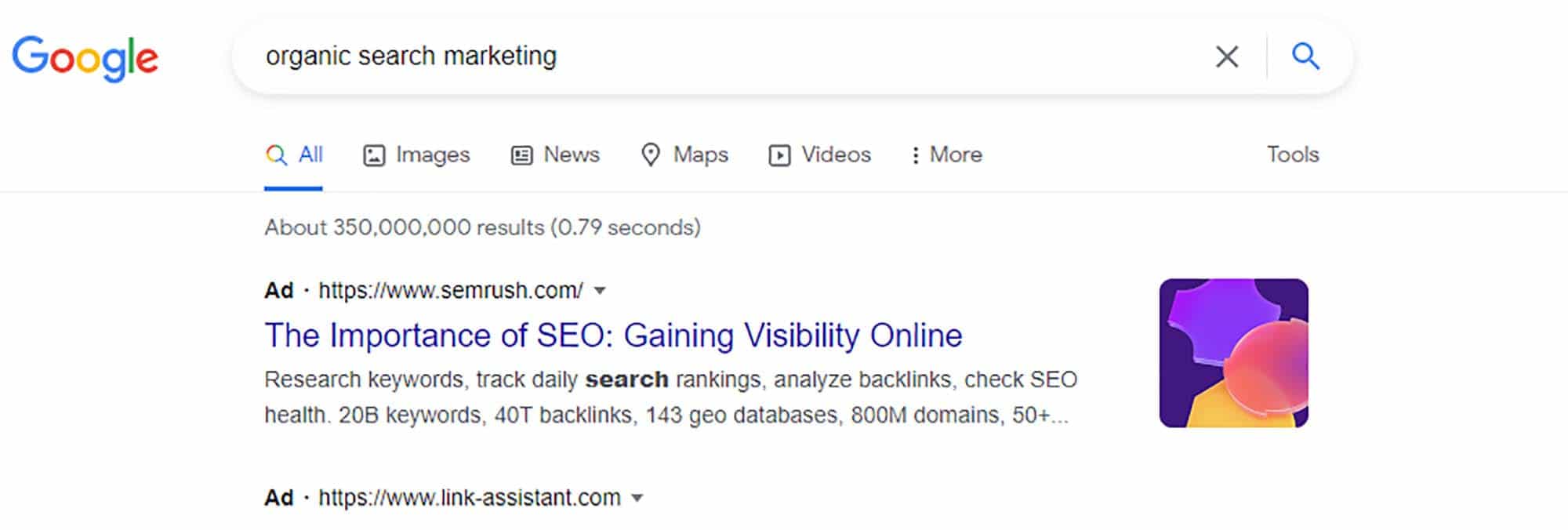
Do you think you can still be fine with your performance on your site with just organic listing in search results?
You can easily understand the value of SEM and organic to your brand by testing your paid efforts. First, pause your SEM campaigns, which take 1-3 weeks—track organic and SEM data during the pause. Then reactivate SEM and return to your normal operations. Finally, compare your test and post-test metrics. This data will tell you about your SEM efforts, and this is how you find out what your paid efforts are actually responsible for. Unless you’re a big brand like Amazon, organic efforts for brand terms aren’t the right way to succeed in search results. However, everyone should do this test to see the exact results.
Read on Search Engine Land
Call Tracking, Google Ads, and PPC by PPC Hero
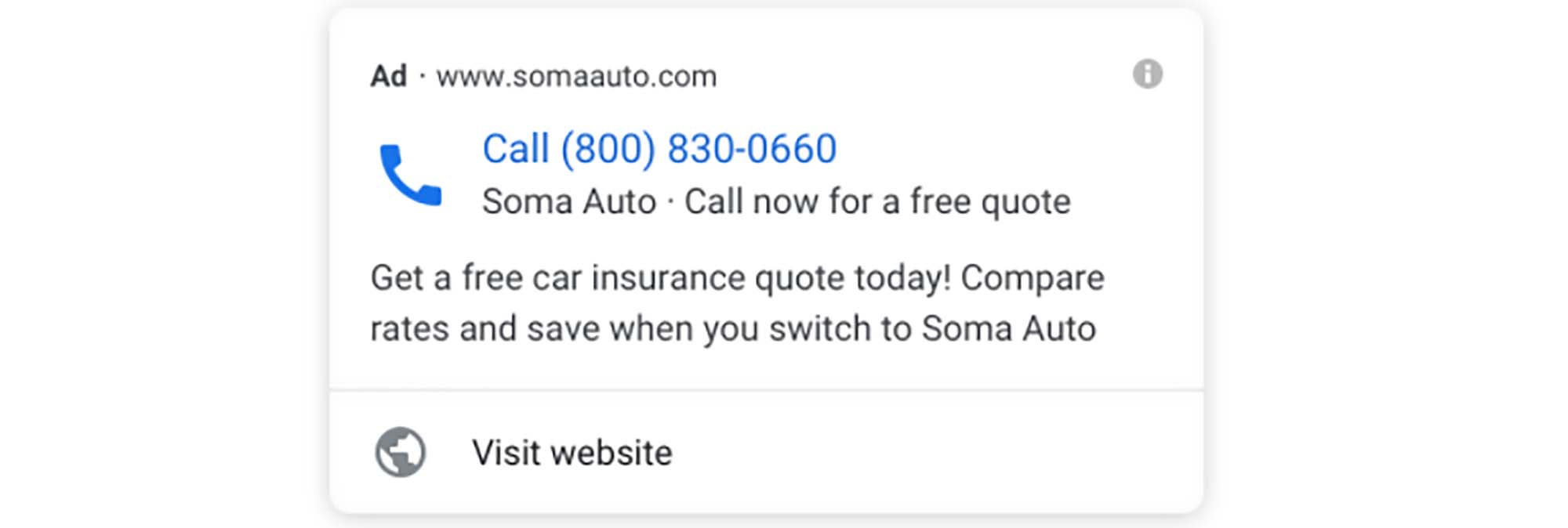
Google Ads provide you to track and promote calls for your business.
It’s essential to track call conversions to create better strategies. With Google Ads, you can easily review imported conversions, calls that were triggered by ads, and calls that originated from your website. With a PPC call tracking campaign, you can make better decisions about future bidding strategies and optimization. However, make sure your PPC performance data is accurate. Plus, you can encourage your potential customers to call your business by using Call extensions, one of Google’s extensions. In addition, Google recommends advertisers use the DDA model. DDA allows you to gain new insights into customer behavior and make smarter bid optimizations.
Read on PPC Hero
PPC audience strategy: Targeting vs Observation by Search Engine Journal
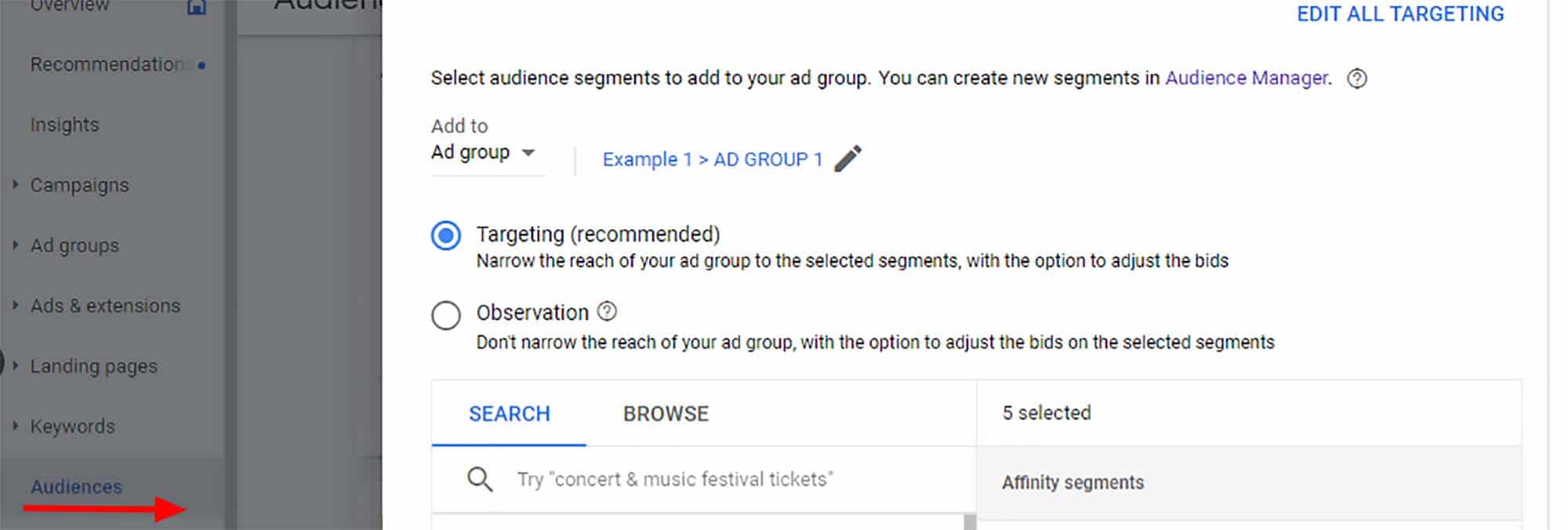
Understanding Targeting and Observation will help you improve your PPC strategies for your business.
Targeting and Observation are an essential part of any audience strategy in PPC. If you use the targeting-only setting, your ads will only be shown to a specific audience. On the other hand, if you want to monitor the performance of a specific audience, you can use the Observation setting. Plus, the reach of your campaigns won’t be affected. This selection allows you to analyze your target audience by comparing their performance on specific KPIs to the performance of other audiences. Where do you find these options in Google Ads? Go to the Audiences tab on the left side. It’s located under the Keywords tab. Then, click on Edit Audience Segments on the right. Here is where you’ll find Targeting and Observation. Just decide if your PPC campaigns will have a campaign-wide audience target or an ad group-wide audience target.
Read on Search Engine Journal
Stop wasting your Google Ads budget by Group Twenty Seven

All PPC experts always check the data carefully, but some still waste their ad budget. And why?
Sometimes the cause of wasted budget goes much deeper than a simple Google Ads audit. The problems appear immediately and aren’t so easy to solve.
- Are you sure you’re going the right way? You may be tracking data incompletely, incorrectly, or too much data.
- Don’t overthink about saving money instead of optimizing returns. Create a healthy paid search with a reasonable budget.
- Analyze the user’s experience after the click. Actions such as choosing the right keywords and testing communication channels also positively impact the post-click experience. Pay attention to the post-click experience as well.
Read on Group Twenty Seven
Exact match keywords are saving as broad match by Twitter
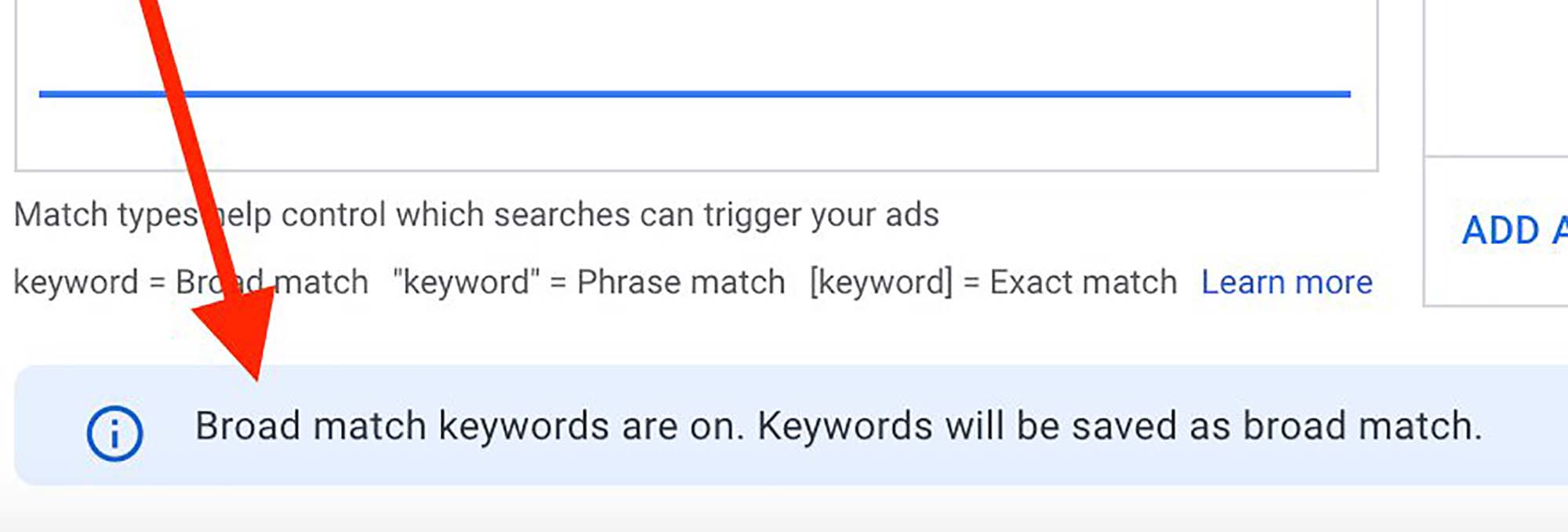
The Google Ads error that occurred in recent days has confused advertisers.
When advertisers tried to enter exact match keywords, they were met with the warning, “Broad match keywords are on. Keywords will be saved as broad match.” Despite this confusing warning, the ability to save exact match keywords remains intact, according to Google’s Ginny Marvin on Twitter. “This message is an error that we’re working to remove. The message was intended for a potential opt-in experiment, but it has no impact on how keywords are saved or the traffic to which these keywords match. We apologize for the confusion.”
Read on Twitter
How to improve lead quality without backend data by Search Engine Journal
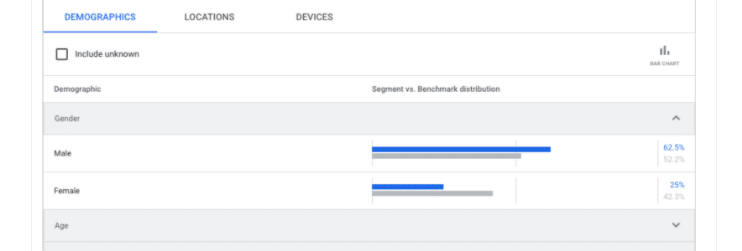
You can improve lead quality in Google Ads by integrating backbend data into your digital marketing efforts, even if you don’t have the right data.
Integrating offline conversion tracking (OCT) with Google Ads and other platforms like Facebook or LinkedIn takes time and can be a challenge, but it’s worth it. While you’re optimizing for backend data with OCT, you can also optimize a few things for the down-funnel.
- Optimize your keyword intent and ad-cop. Use audience layers.
- Use first-party data for audience building. Use CRM data and upload it to Google Ads to feed your customer data. Then use the data through inclusions, exclusions, and attribute modeling.
- Use conversion values for better bidding decisions.
Read on Search Engine Journal
